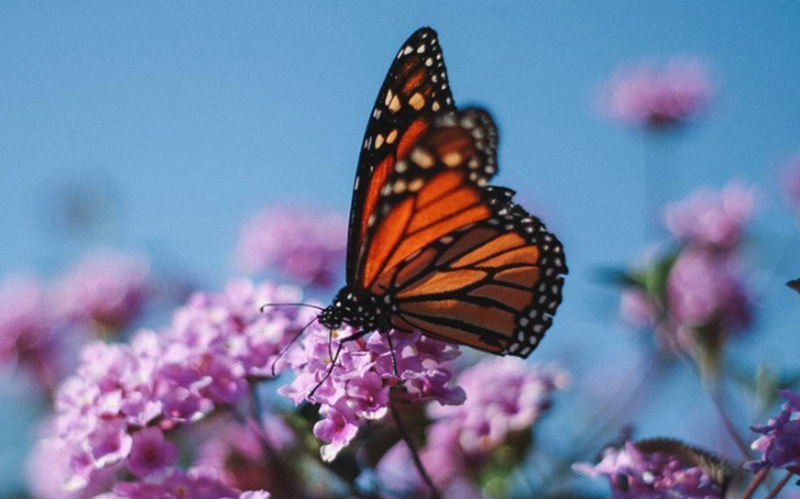 Biodiversity Day
Biodiversity Day
Biodiversity Day: Protecting humanity’s ‘life-support system’
New York: The theme of the International Day for Biological Diversity, observed on Monday, centres on moving from talk to action: build back biodiversity.
“On the International Day for Biological Diversity, we reflect on our relationship with humanity’s life-support system, from the air we breathe and the food we eat, to the energy that fuels us and the medicines that heal us, our lives are wholly dependent on healthy ecosystems,” UN Secretary-General António Guterres said.
“Yet, our actions are devastating every corner of the planet: 1 million species are at risk of extinction, the result of habitat degradation, skyrocketing pollution, and the worsening climate crisis.”
While there is a growing recognition that biological diversity is a global asset of tremendous value to future generations, the number of species is being significantly reduced by certain human activities from illegal logging to poaching wildlife.
Loss ‘threatens all’
Biological diversity is often understood in terms of the wide variety of plants, animals, and microorganisms, but it also includes genetic differences within each species.
In a delicate balance, biodiversity reflects differences between varieties of crops and breeds of livestock as well as the variety of such ecosystems as lakes, forests, deserts, and agricultural landscapes, that host myriad interactions among their human, plant, and animal guests.
But, the loss of biodiversity threatens all, including health. It has been proven that biodiversity loss could expand zoonoses – diseases transmitted from animals to humans. Keeping biodiversity intact offers excellent tools to fight against pandemics like those caused by coronaviruses.
Promises made must be kept
A total of 196 nations have ratified the Convention on Biological Diversity, which is the international legal instrument for “the conservation of biological diversity, the sustainable use of its components and the fair and equitable sharing of the benefits arising out of the utilization of genetic resources”.
Marking an important step forward, the Kunming-Montreal Global Biodiversity Framework, adopted in 2022, saw all parties committing to setting national targets to implement it. At the forthcoming Conference of the Parties in 2024 in Türkiye, the world will take stock of the targets and commitments that have been set.
The UN Environment Programme (UNEP) and partners launched an online platform for non-governmental groups’ commitments from around the world, from a rain forest protection project in Côte d’Ivoire to a marine conservation effort in Cambodia. To date, 212 commitments have been pledged.
Turning agreements into action
"Our actions are devastating every corner of the planet: 1 million species are at risk of extinction, the result of habitat degradation, skyrocketing pollution, and the worsening climate crisis.” - UN Secretary-General António Guterres
“Now is the time to move from agreement to action,” Mr. Guterres said.
That translates into ensuring sustainable production and consumption patterns and redirecting subsidies from nature-destroying activities towards green solutions.
It also means recognizing the rights of indigenous peoples and local communities, the strongest guardians of the world’s biodiversity, and pushing governments and businesses to take stronger and faster action against biodiversity loss and the climate crisis, the UN chief said.
“Let us work together across governments, civil society, and the private sector to secure a sustainable future for all,” he said.
Support Our Journalism
We cannot do without you.. your contribution supports unbiased journalism
IBNS is not driven by any ism- not wokeism, not racism, not skewed secularism, not hyper right-wing or left liberal ideals, nor by any hardline religious beliefs or hyper nationalism. We want to serve you good old objective news, as they are. We do not judge or preach. We let people decide for themselves. We only try to present factual and well-sourced news.







